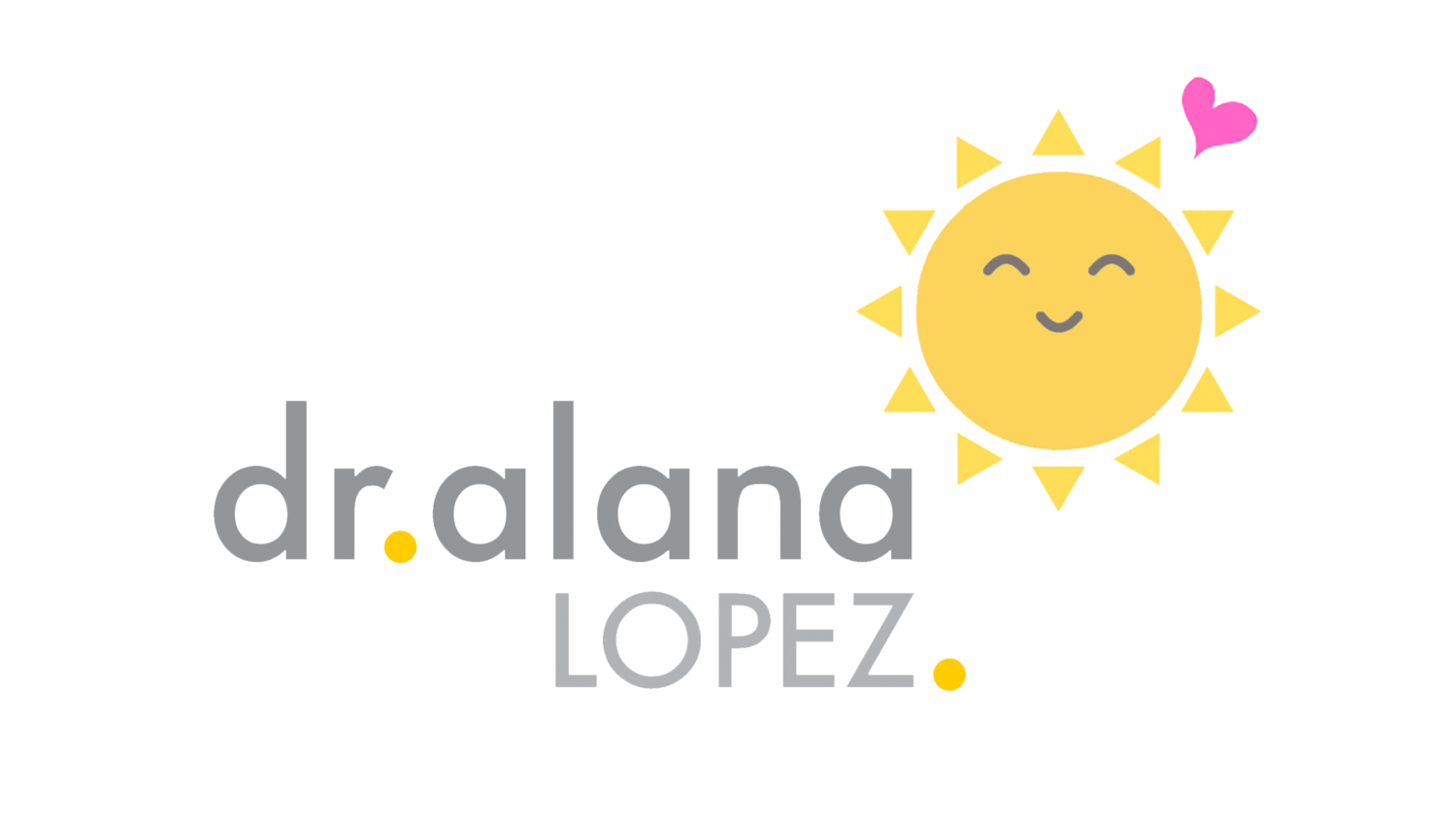Why It’s Hard To Say “Yes” To Parenting Help: Lessons Learned At The Spa
Have you ever had one of those parenting stretches when you’ve completely lost your way? Who was that parenting? Who was that yelling, screaming, stuck in resistance? I just did. I tried my best to get back on track and reset. I tried alone fully knowing we as humans heal through safe relationships and co-regulation. Alas, I forged ahead stubbornly as ever at the expense of myself and my son. To ask for help seemed daunting.
I had a sleepover planned with my mom and my aunt. I noticed the urge to cancel and avoid reaching out. It was a familiar feeling I knew well. After all, shouldn’t I be able to figure this out? Yet, I somehow heard the whispers of neuroscience: reach out, connect, practice breaking your pattern of doing it all on your own. I chose faith over the fear of being let down. It required a courageous act: to show up to the sleepover.
My four-year-old son, Miles, and I showed up on my mom’s apartment doorstep. I felt exhausted and scattered still wondering if I could pull this off all by myself. Wow, was my pattern persistent! Yet I sensed a tiny opening, a willingness to open myself up. I chose to say “yes” to help. I allowed my mom and aunt to care for me and, in turn, Miles. I was willing to take a risk, to reach out and to have someone reach back out for me.
My aunt encouraged me to pause and visit the “Rejuvenation Spa.” I tearfully turned to her and said, “It’s so hard to accept help, but I’m going to do it anyway.” My aunt paused and said, “It is.” I acknowledged the fear AND accepted help. We can experience strong emotions and still step towards healing and what matters to us.
My mom was playing with Miles in the living room. Then soon enough Miles crept in to see what I was doing. My mom supported his curiosity with her calm presence. Miles simply wanted to check on me, to make sure I was okay, and to be a part of the moment. He was welcomed with open arms, and he and my mom joined our Face Gym workout (which stimulates your parasympathetic nervous system beautifully!). We were connecting to ourselves and to each other.
After our workout, my aunt offered me a mud facial mask to which Miles replied, “Can I try too?!” He patiently waited for my aunt to brush the mud on his forehead, nose, chin, and cheeks. Then it was my turn. There we were lying face to face. We smiled at each other, giggled, and somehow knew all was going to be okay.
Lessons Learned:
BEING AFRAID OF HELP MAKES SENSE. There are many reasons why our brain and body feel asking for help is hard, threatening, or dangerous. We may have asked for help as a child or adult, and it wasn’t met with an ideal response. Or perhaps speaking up was discouraged or dangerous growing up. Whatever the reason, it makes sense given our history. Our brain and body store these difficult and traumatic memories. Triggers happen in our everyday, present life that takes us back to these moments. I was brought back to my past by the mere thought of the sleepover. My pattern cried out, “Don’t reach out for help! That’s dangerous. It won’t turn out well!” Yet, I remembered each time I make the conscious choice to ask for help, I’m teaching my brain and body it’s safe to receive little by little.
WE NEED EACH OTHER. We’re social creatures. Relationship is our foundation. It’s our lifeline. In the womb and from the moment we’re born, we seek to attach to loved ones. We crave these relationships deep down even if we’ve been hurt. We heal through safe and supportive relationships. I was able to find a tiny opening to let others in slowly at my own pace. It’s possible to heal the hurt and trauma by listening to our brains and bodies, accessing what helps us feel safe, and gradually challenging ourselves at a pace that’s manageable for us.
SHOWING IS MORE POWERFUL THAN TELLING. My son witnessed me accepting help and taking active steps to calm my brain and body. There’s no better teacher on the planet for our children. When our children see us caring for ourselves, reaching out to others for support, and regrouping after tough times, they will learn how to do it for themselves.
WE HAVE THE POWER TO RESET, REGROUP, & REFLECT. No matter how “bad” of a parenting moment, day, or week we’ve had, we have the power to get back on track. Parenting life ebbs and flows. We can ride the wave and find calm waters again.
